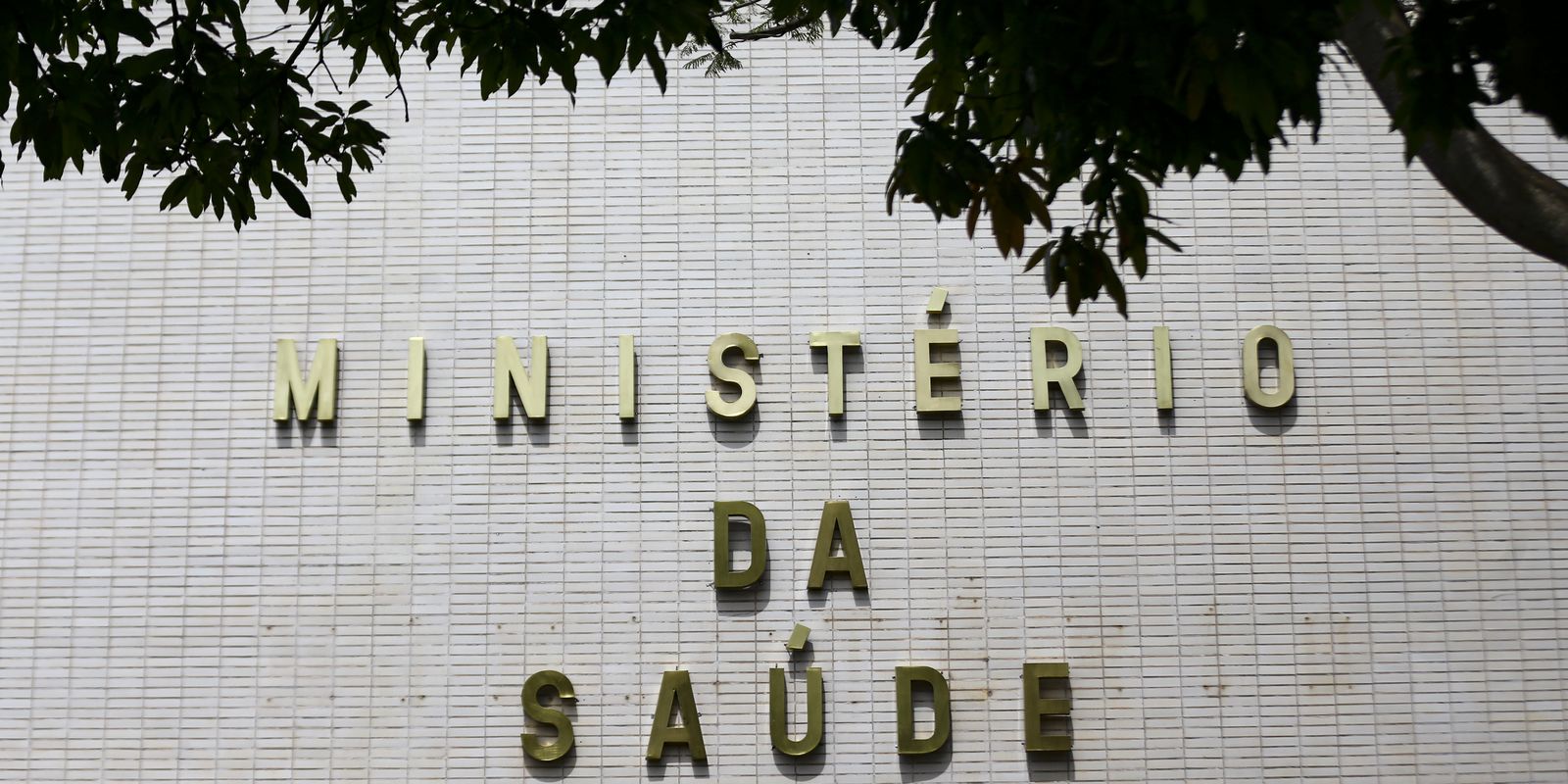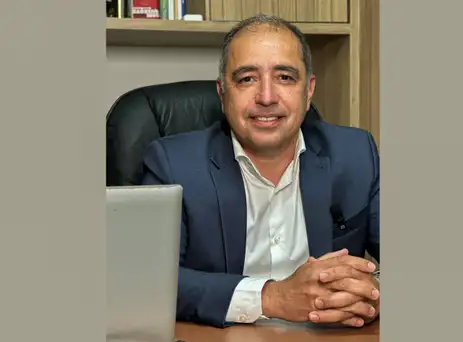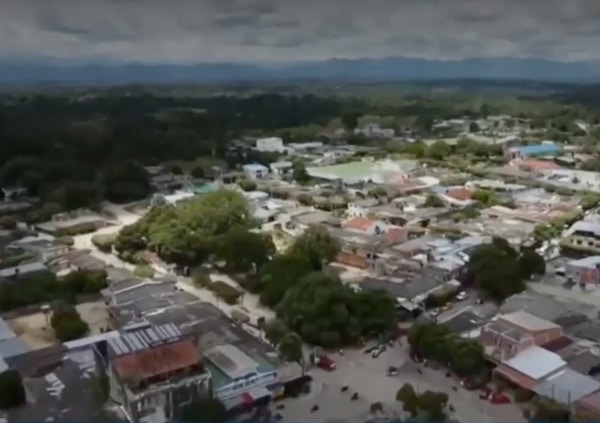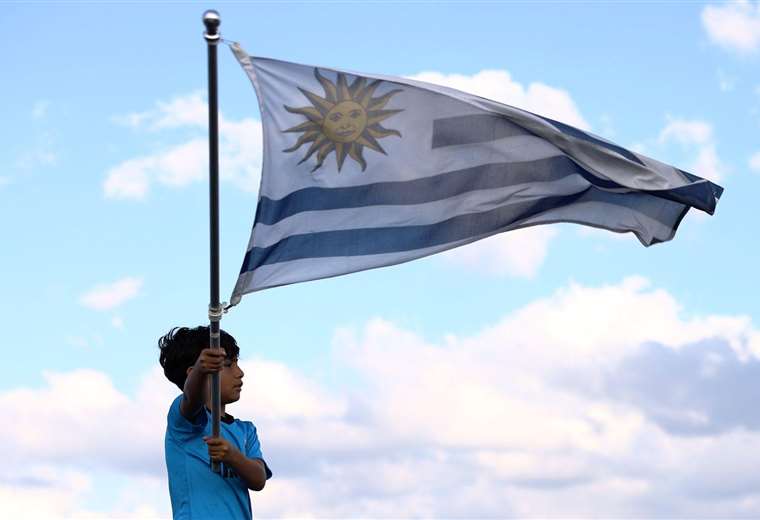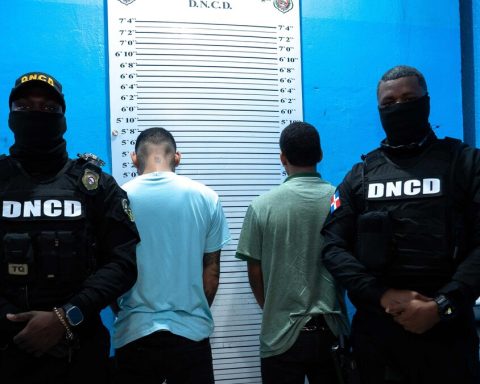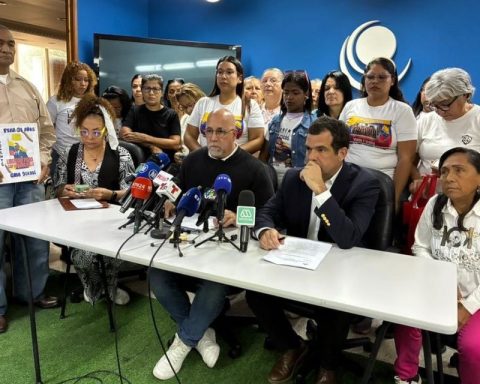Twenty-three intersex and trans people will undergo the sex reassignment process during the 1st Multidisciplinary Conference on Body Modification Surgeries for Trans and Intersex People, organized by the Ministry of Health and the Getúlio Vargas University Hospital, linked to the Brazilian Hospital Services Company (Ebseh) and the Federal University of Amazonas (HUGV-Ufam). This will be the first time that procedures will be performed through the Unified Health System (SUS) in the North Region.
Surgeries for intersex indigenous people and trans women will be performed in three simultaneous rooms by a team of eight urological surgeons, selected by the Brazilian Society of Urology (SBU). Among the people who will undergo the procedures, three are intersex indigenous people.
The clinical event, which will take place in Manaus, Amazonas, between next Tuesday (27) and Saturday (31), will bring together 150 professionals and academics and will also train around 150 professionals in law, social services and health such as doctors, psychologists, nurses, and physiotherapists, which is considered by the organizers a milestone for the region.
“We believe that the event will promote regional development, since HUGV has a project to enable the surgeries that will be performed at the Conference, and will be able to meet the growing surgical demand in our state, becoming the first hospital in the Western Amazon to perform surgeries in the transsexualization process,” stated the president of the Conference organizing committee, Conceição Maria Guedes Crozara, in the SBU statement.
Patients who want to undergo sexual conformity and reassignment surgeries, also known as transsexualization process surgeries, have been waiting a long time for this opportunity in the SUS.
“Today, access to this type of surgery involving genital reconstruction for intersex and trans people is still very restricted and the waiting lists are huge. For intersex people in particular, there are very few people doing it because their visibility is much lower than that of trans people. These people are in limbo, invisible and unable to get care,” said urologist Ubirajara Barroso Jr., organizer of the Jornada urology surgical team, a reference in sexual reassignment and intersex surgeries and head of the Department of Gender Affirmative Surgery at SBU, in an interview with Brazil Agency.
“I don’t see, in general, major actions to bring together experts and have them go to the location to perform a large demand for surgeries on people who need it, so this is an event where we are providing quality assistance in a place where people need it,” said Barroso Jr.
The urologist’s team will be providing care to the three intersex indigenous people, who will undergo procedures to adapt their genitals to their biological sex. “In a completely different culture, where they have had problems with this, where they walk around naked and are exposed to their genitals from an early age,” commented the doctor about what it is like for an indigenous person to be intersex, which in some cases leads to being expelled from tribes.
Search
The journey will also serve as an opportunity for doctors to collect information from the intersex indigenous population for the publication of a pioneering scientific study that will also involve resident doctors and undergraduate students. “What was the impact of having atypical genitalia with male and female characteristics? What is it like to have this within an indigenous tribe. What was their childhood like in the tribe, what did they or didn’t suffer, what was their experience like as adults who are having the surgery by their own decision?” said the urologist, indicating some questions that will be asked in the research.
According to the doctor, there is currently no information on how many indigenous intersex people live in Brazil. “I will try to find out more, even asking the patients themselves, because sometimes this runs in families. Intersex cases have a higher chance of being familial. It is possible that there are other people that we do not know about. I do not know how many have it, but another one was born now and is still a child and is under investigation. I will evaluate it there,” he said, adding that it is easier to perform the surgery when the person is still a child, but highlighted that in situations where there is doubt about gender identity, it is better to wait for the person to decide.
Since these procedures are not yet performed in the North Region, the urologist believes that it is essential to train and familiarize local teams with the techniques established and already defined in the SUS table. “We are going to train a group of surgeons there to create a permanent process in which people can now undergo surgeries. We are decentralizing and replicating knowledge, in a procedure that is not easy to perform,” he added.
During the four days of the Conference, participants will be able to attend lectures and take mini-courses aimed at expanding knowledge and visibility about transsexuality and intersexuality within the scope of public health services.
SBU President Luiz Otávio Torres argued that the country needs to be prepared to serve this segment of the population. To this end, SBU has intensified its congresses, surgical training for trans and intersex people, and online continuing education with case studies for members.
“It is urgent that our country be prepared and able to provide quality and welcoming care to intersex and trans people. And it is our mission as a specialized society to promote and actively participate in these actions that promote knowledge and social inclusion,” said Torres, in a statement from the entity.
“You can’t find doctors in any region who are qualified to do this, which is a very specific surgery. There are few surgeons in Brazil who perform this type of procedure,” added Barroso Jr.
Intersex
Previously, an intersex person was known as a hermaphrodite, but the term is no longer used because it is pejorative. According to the SBU, it is a biological condition that affects between 0.5 and 1.7% of the world’s population, “characterized by a mismatch between the chromosomal sex (XX or XY) and the phenotypic sex (vagina and penis). In other words, a person can be born XY and have female sexual organs.”
In Barroso Jr’s view, the case of Algerian fighter Imane Khelif at the Paris Olympics who suffered prejudice in her fights is an example of how society is still unaware of intersex.
Sex reassignment
According to the SBU, sexual reassignment, also called gender-affirming genital surgery, is a procedure that can be hormonal and/or surgical to adapt the genitals of the individual’s biological sex to the gender with which the patient identifies.
The specialist surgeon compared the satisfaction of a trans person after the procedure to that of a kidney transplant patient. “When the patient starts to urinate, you see joy in the family, it’s spectacular. When a gender-affirming genital modification surgery is performed, it transforms the life of the person who has this discomfort, this psychological agony with their genitals. The demand is there and more and more centers need to be able to perform it,” said Barroso Jr.
The greatest demand for surgery is from trans women, which he believes is also a matter of misinformation. The doctor gave the example of the SUS ordinance that deals with the subject. “Trans women can have the surgery, but in the case of men it is experimental. We do it here, at our University, because we have research projects, and we don’t get paid for it. This already shows a distance between men and surgery,” explained Barroso Jr., who was the surgeon responsible for the first sex reassignment surgery performed in Bahia through the SUS.
Ubirajara Barroso Jr.
Head of the Division of Reconstructive Urological Surgery and Pediatric Urology at the Hospital of the Federal University of Bahia, Ubirajara Barroso Jr., performed the first gender-affirming surgery in the state by the SUS, in August 2023. He has more than 200 published articles, more than 20 book chapters, two edited books and one co-edited book, addressing innovative surgical techniques and new treatments for genital reconstruction and urinary incontinence. He is a national and international lecturer.
In addition to in-person participation, health teams from the interior interested in the meeting will be able to follow the activities in live broadcasts on the HUGV channel on YouTube.
